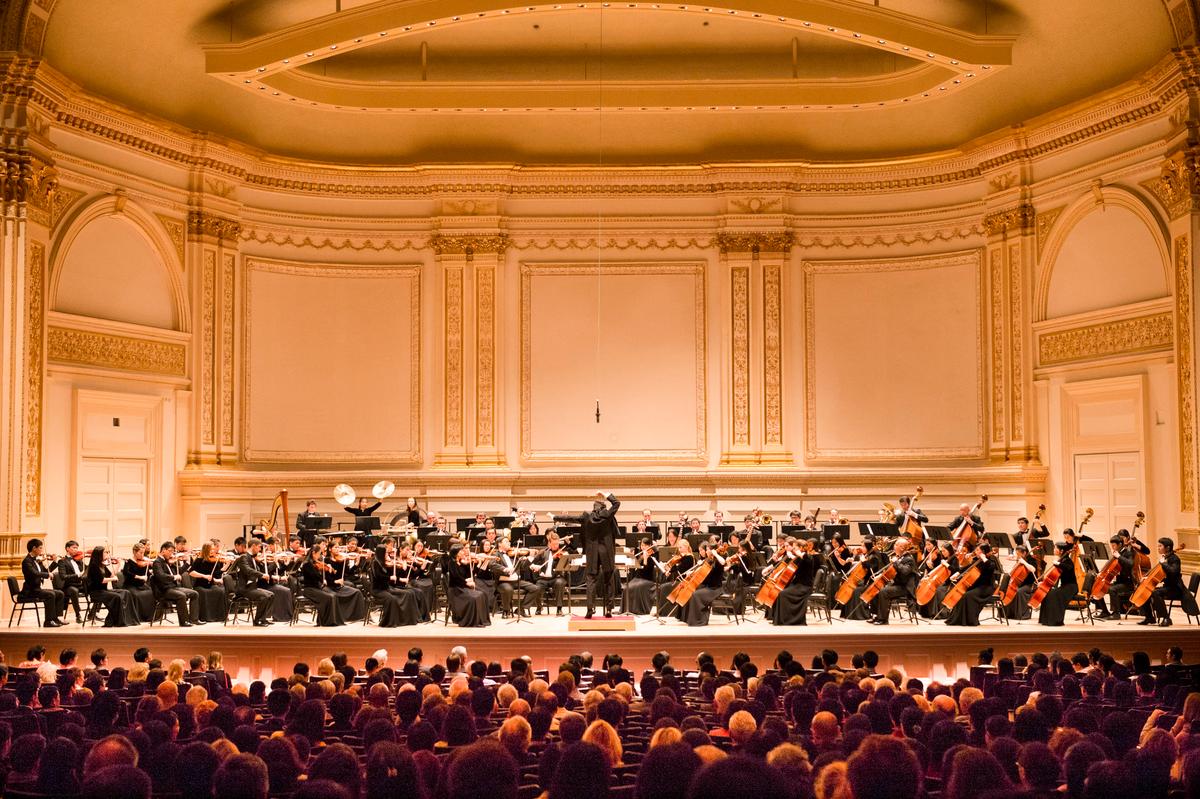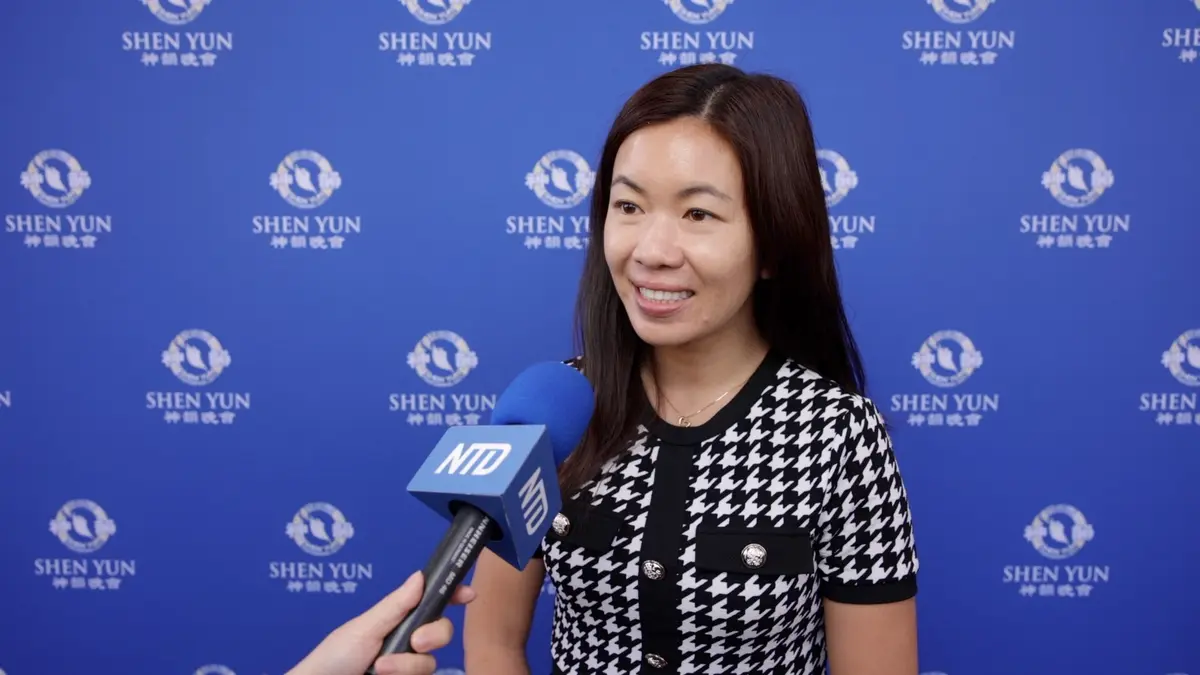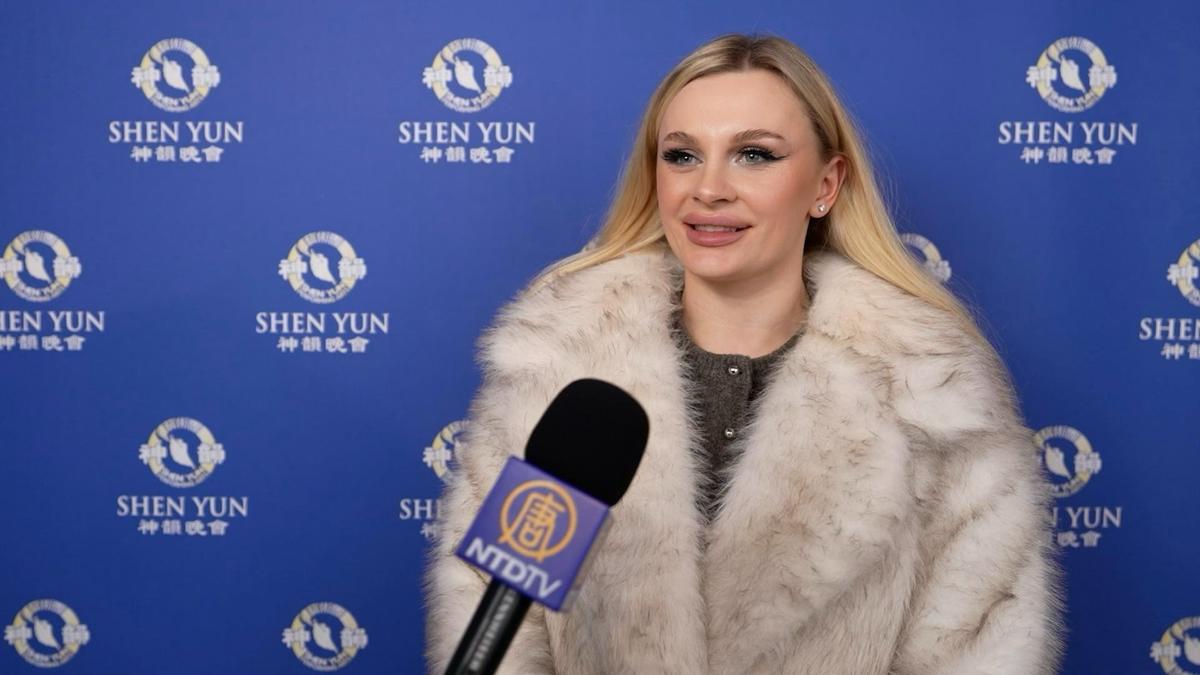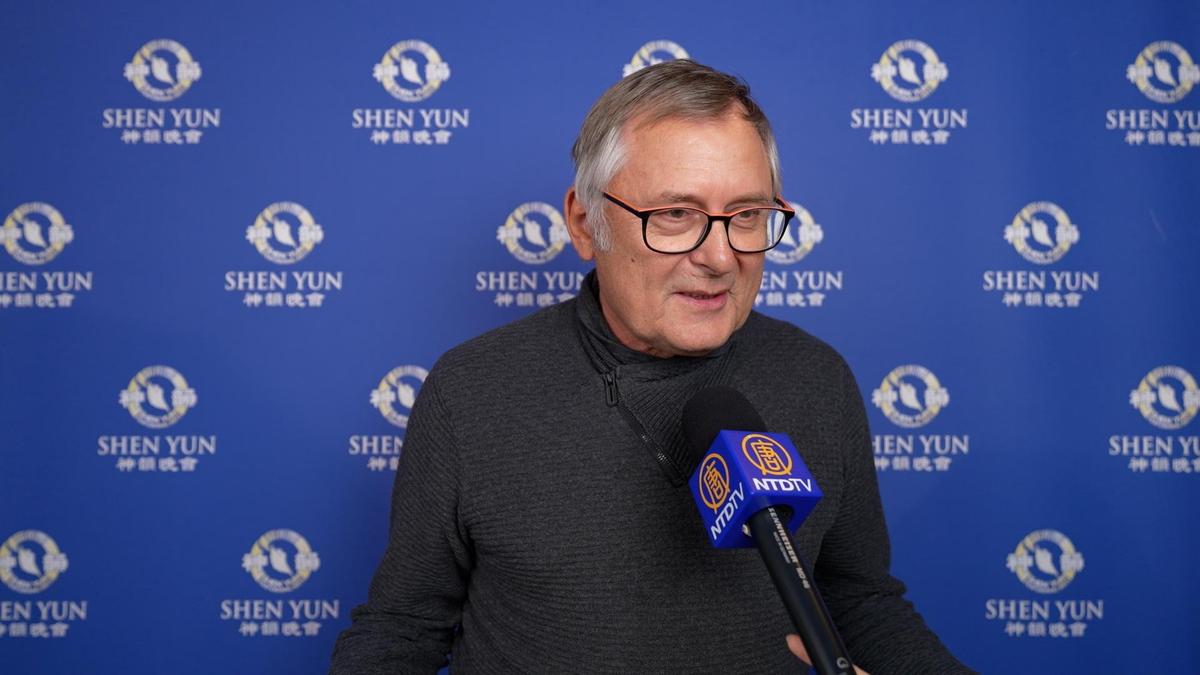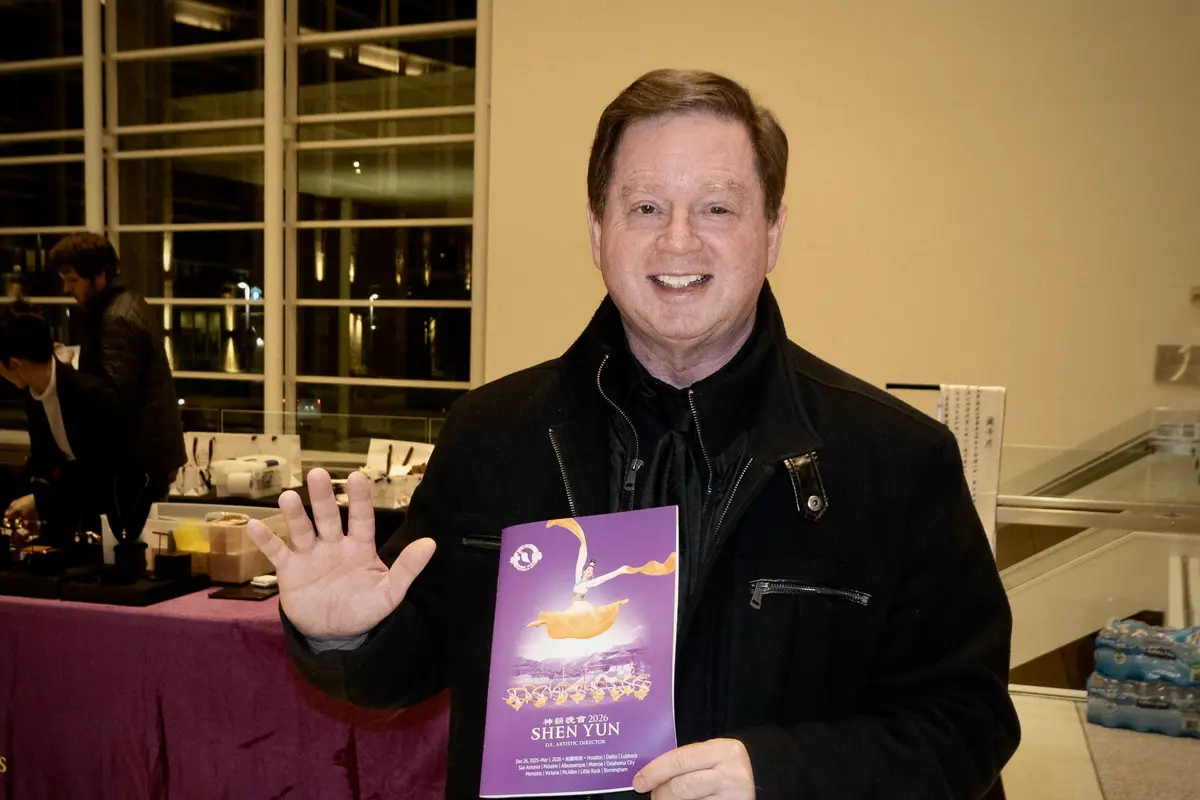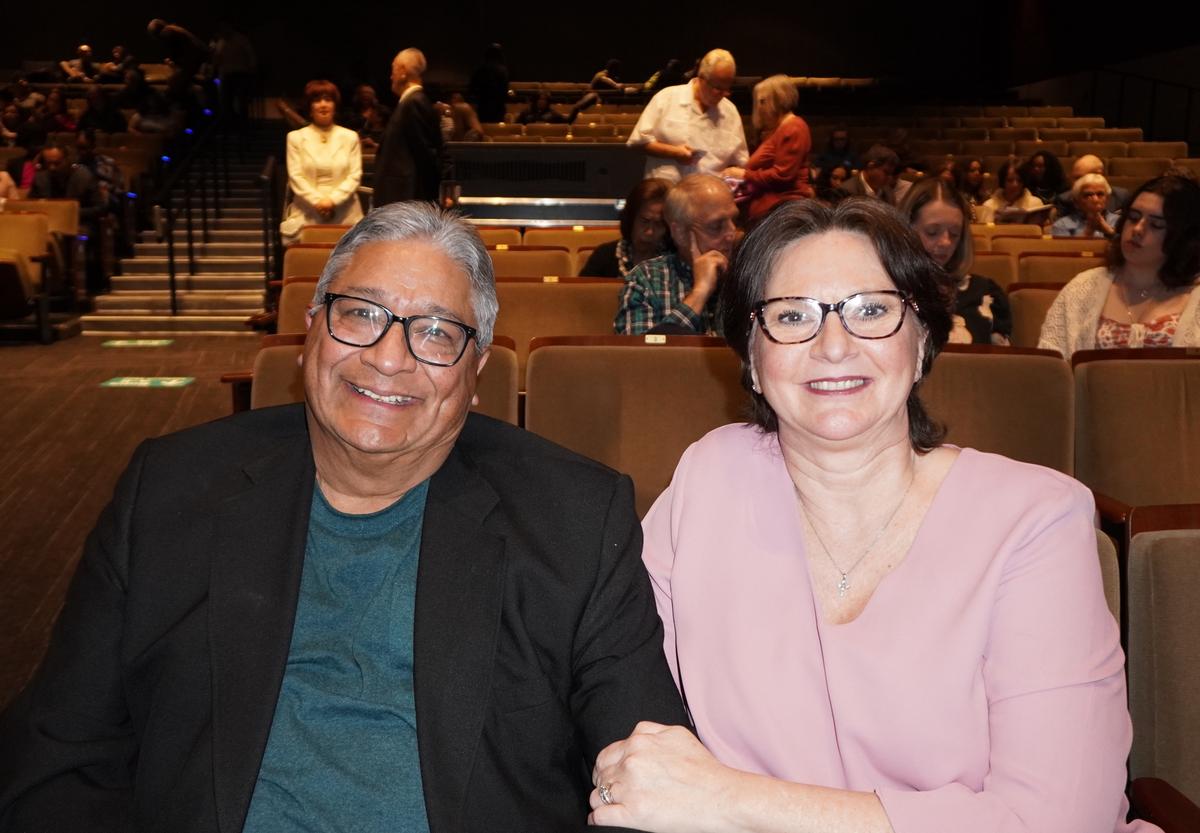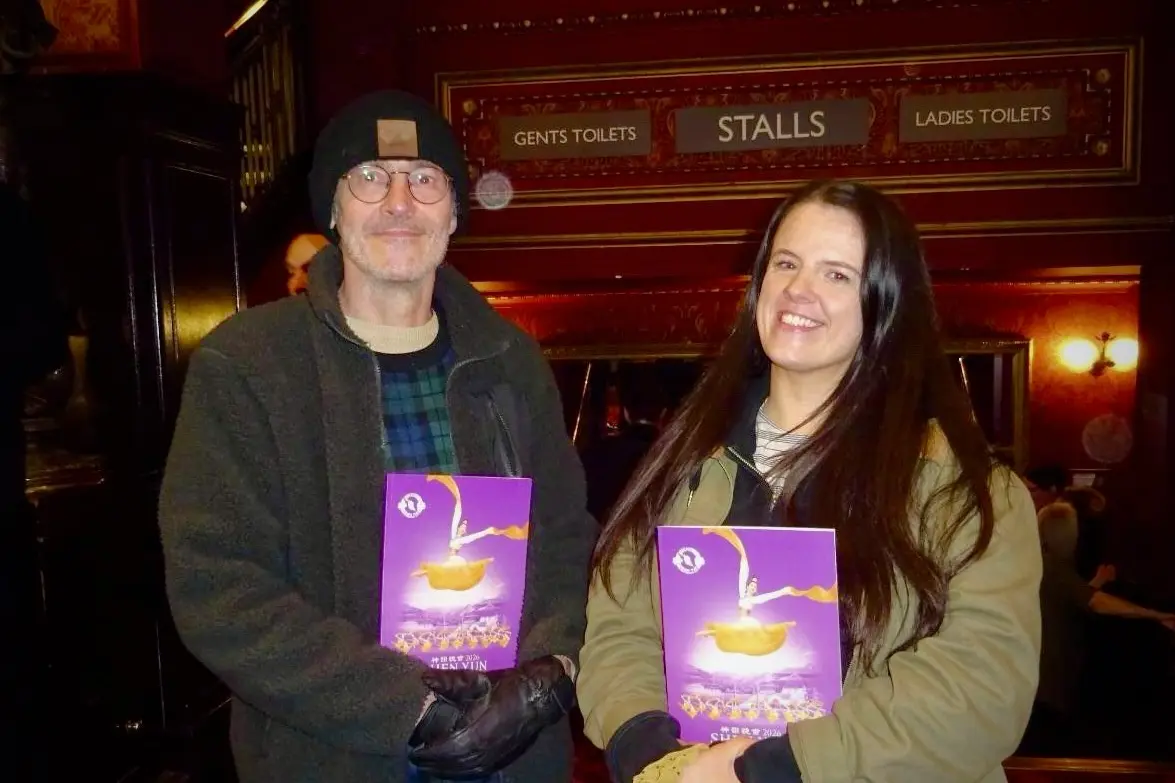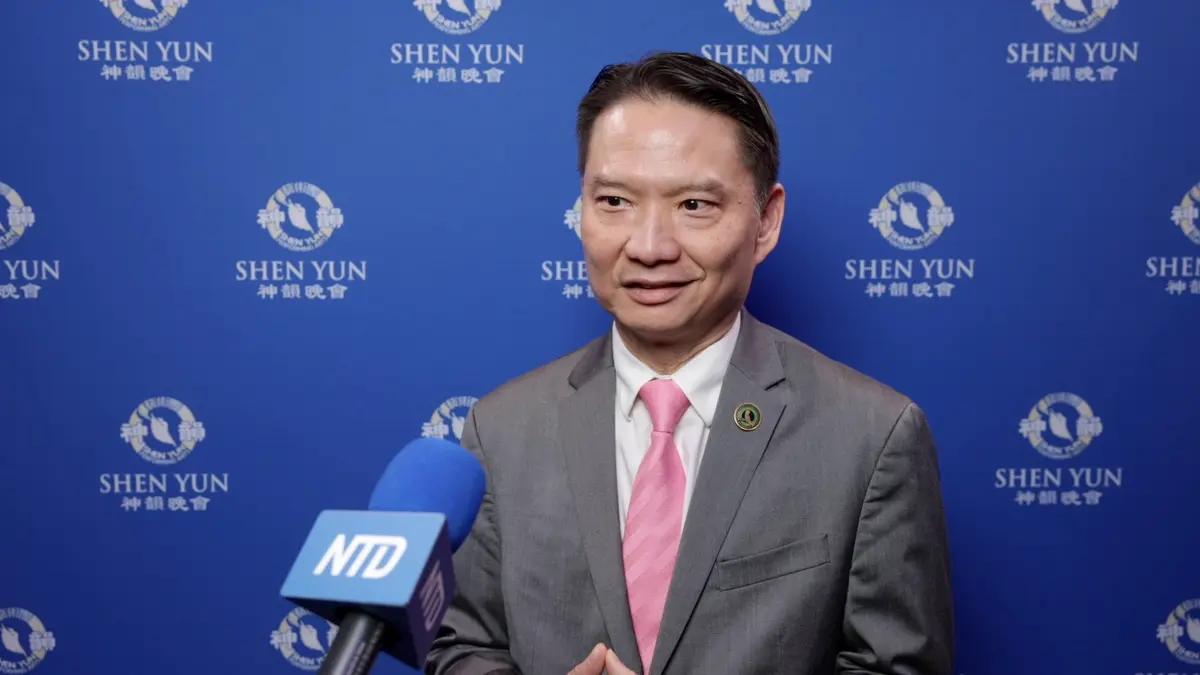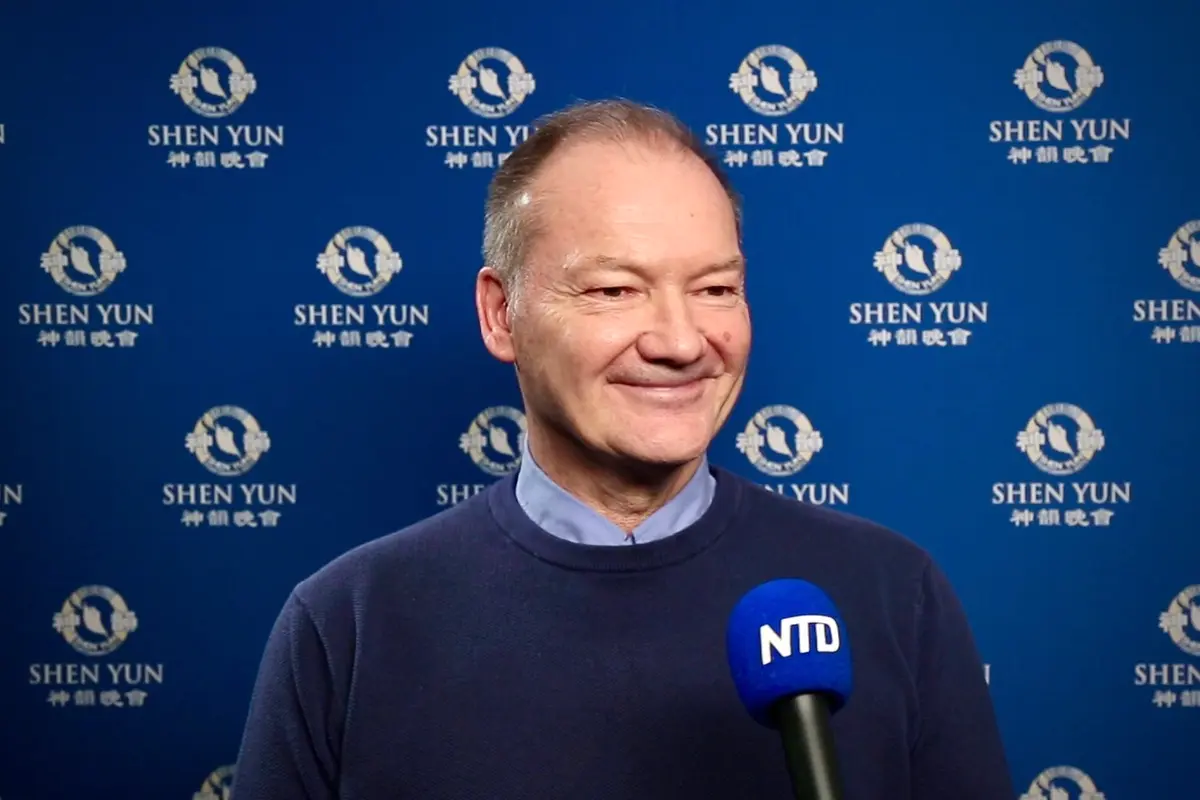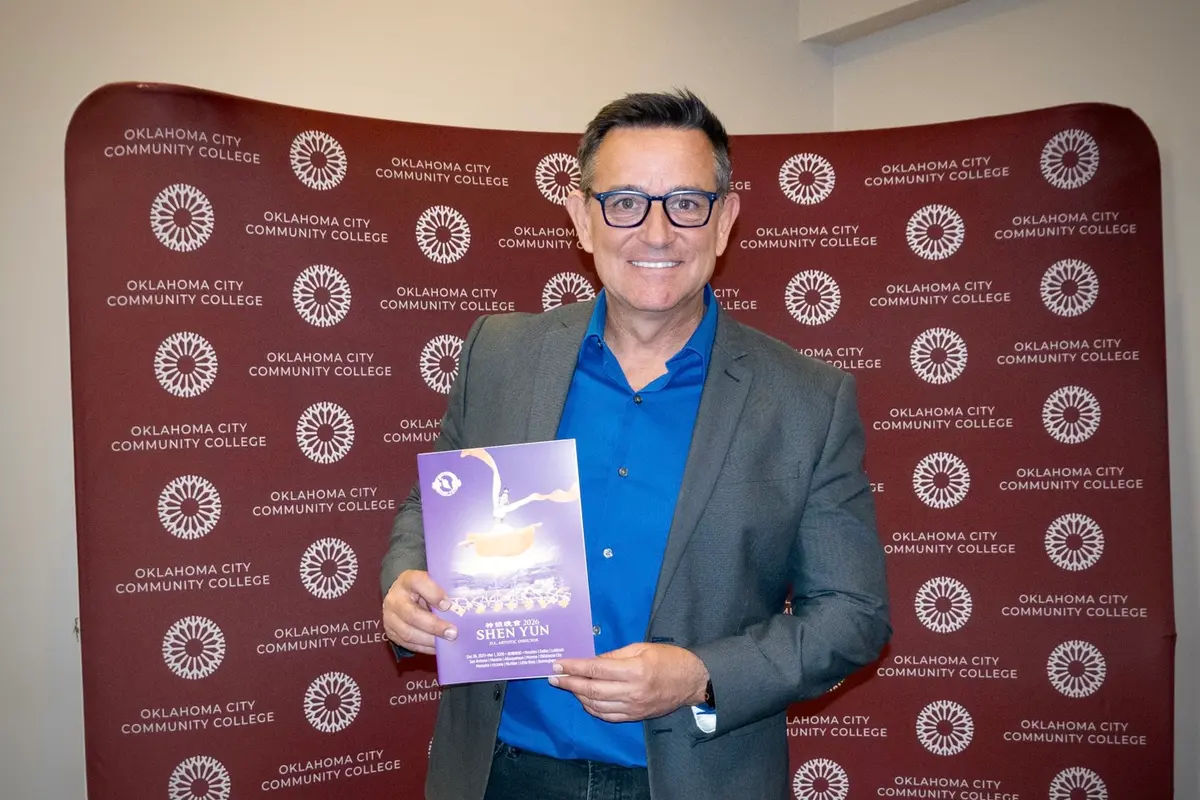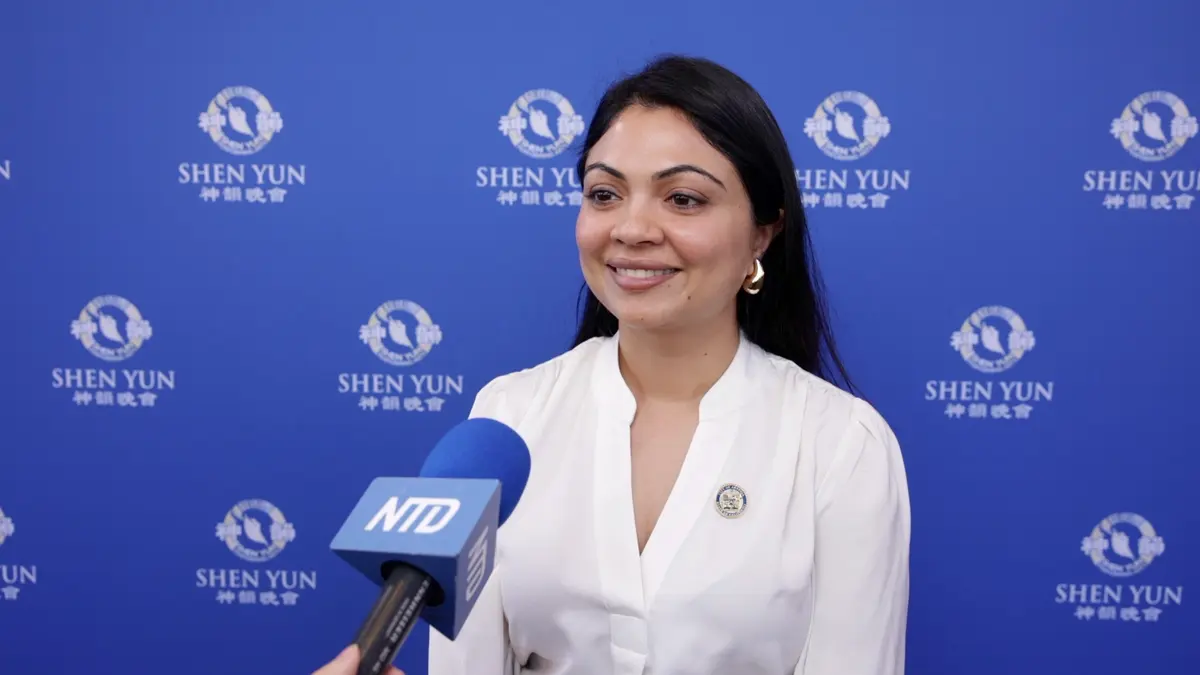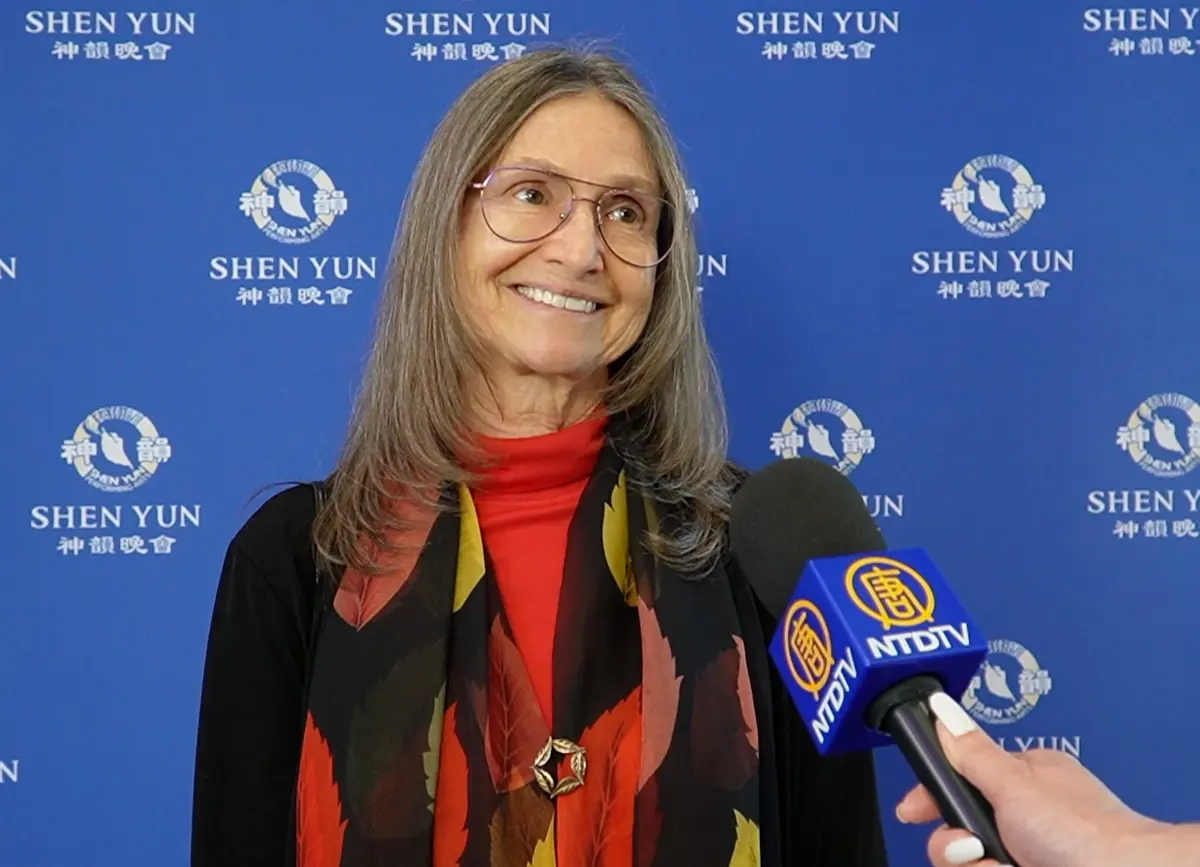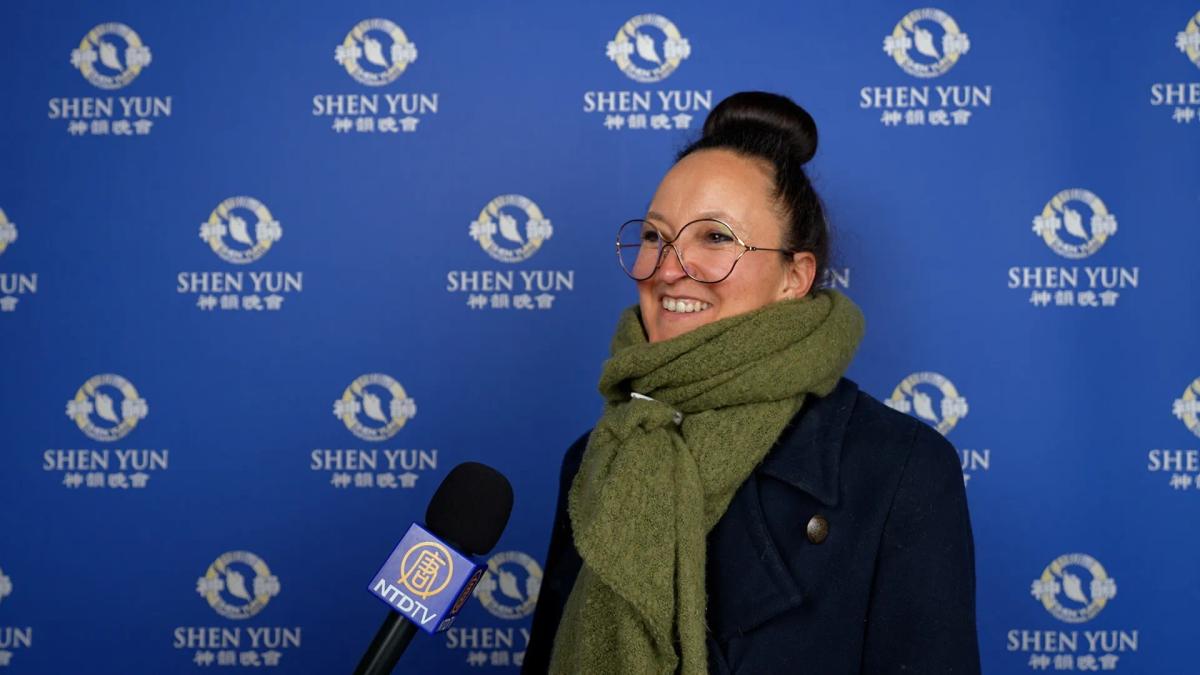NEW YORK—Shen Yun, the New York-based performing arts company, has captivated hearts around the globe with classical Chinese dance and music drawn from China’s ancient culture.
“Shen Yun” translates roughly as “beauty of divine beings dancing.” Each year, the dancers—the women in flowing silks and the men in bold colors—wow audiences with seemingly impossible grace and physicality. Many viewers have said that they thought they were indeed watching divine beings on stage.
But what do divine beings dance to? The music penned by Shen Yun’s composers and played by Shen Yun’s orchestras.
The deeply moving and powerful sound is the combination of the best of Chinese and Western instrumentals. And while the dancers and musicians have been touring together globally since 2006, the orchestra itself has taken center stage only since its 2012 debut at Carnegie Hall.
The Shen Yun Symphony Orchestra comprises roughly 100 musicians selected from Shen Yun’s four touring orchestras.
This October, it returns to Carnegie Hall for two shows consisting of original compositions and Western classics, a program designed to highlight its unique East-meets-West approach to musical arrangement, as well as its musicians’ mastery of Western concert music.
One of the hallmarks of the Shen Yun Symphony Orchestra’s original pieces is how it layers distinctly Eastern melodies over a base of Western strings, percussion, woodwinds, and brass. They provide the backdrop against which ancient Chinese instruments—like the soulful erhu, delicate pipa, and resonant percussion—can truly sing.
Many composers have tried to combine the two musical traditions in a single piece, but none do it quite as naturally as Shen Yun’s composers.
Throughout the ages, Chinese have kept documents chronicling the development of music—instruments, tones, even melodies. Conductor Kuo Keng-Wei explained in the orchestra’s introductory video that many erroneously believe that Chinese music uses only a pentatonic scale, while in reality records exist of a 12-note scale in use as early as 2600 B.C. It is possible, therefore, that the West’s 12-note scale may have originated from China.
Melodies of Millennia
While Shen Yun’s original compositions are new, they are inspired by a 5,000-year-old musical tradition consisting of regional styles not only popular among China’s ethnic majority but also from the many ethnic groups in and around China. There’s also court music that changed dramatically with the dynasties.
“Manchurian Grace” takes us to the Qing Dynasty court, where elegant ladies in dainty high-platform shoes entertain themselves and each other through dance. Trading feminine softness for masculine energy, “The Warriors of Wudang Mountain” evokes the strength and vigor of martial arts masters living in the Taoist temple of Wudang Mountain.
And then there are narratives—legends about great people and events from history and the arts, as well as myths whose players traverse this world and others.
This year’s program includes “Grand Descent of the Deities,” which in Shen Yun performances accompanies the opening piece. It describes the beginnings of Chinese history, when heavenly kings descend to earth to aid the Creator in putting human civilization into motion.
Like Shen Yun performances, pieces take us all the way to the present day. “The Steadfast Lotus” describes the journey of Falun Gong practitioners who suffer brutal persecution in contemporary China. The music takes the story through peace and violence, injustice and redemption.
Last year, the Shen Yun Symphony Orchestra performed the “Egmont” Overture by Beethoven and the Polonaise from “Eugene Onegin” by Tchaikovsky to round out the set.
This year, the selected Western pieces are decidedly festive in tone. They are Mikhail Glinka’s “Ruslan and Ludmila” Overture, Antonin Dvorák’s “Carnival” Overture Op. 92, and Hector Berlioz’s “Marche Hongroise.”
Following an Oct. 4 Boston show to kick off the tour, the Shen Yun Symphony Orchestra will perform at Carnegie Hall in New York on Oct. 11.
Shen Yun Symphony Orchestra 2014 Program
Grand Descent of the Deities
The Warriors of Wudang Mountain
The Steadfast Lotus
Manchurian Grace
Mikhail Glinka: Ruslan and Ludmila Overture
Antonin Dvorák: Carnival Overture Op. 92
Hector Berlioz: Marche Hongroise
Program is subject to change.
More information can be found at the website: shenyun.com/symphony

